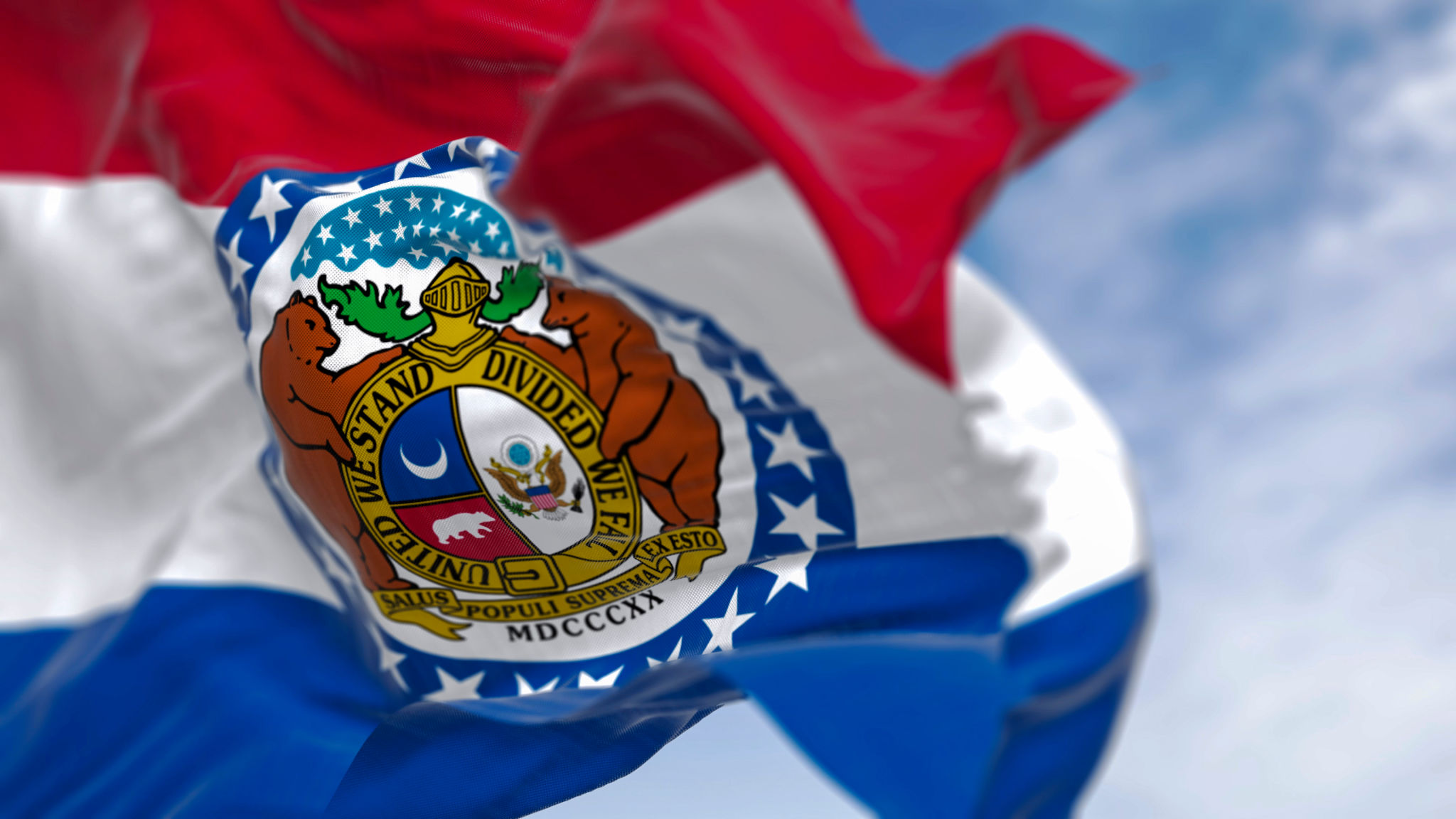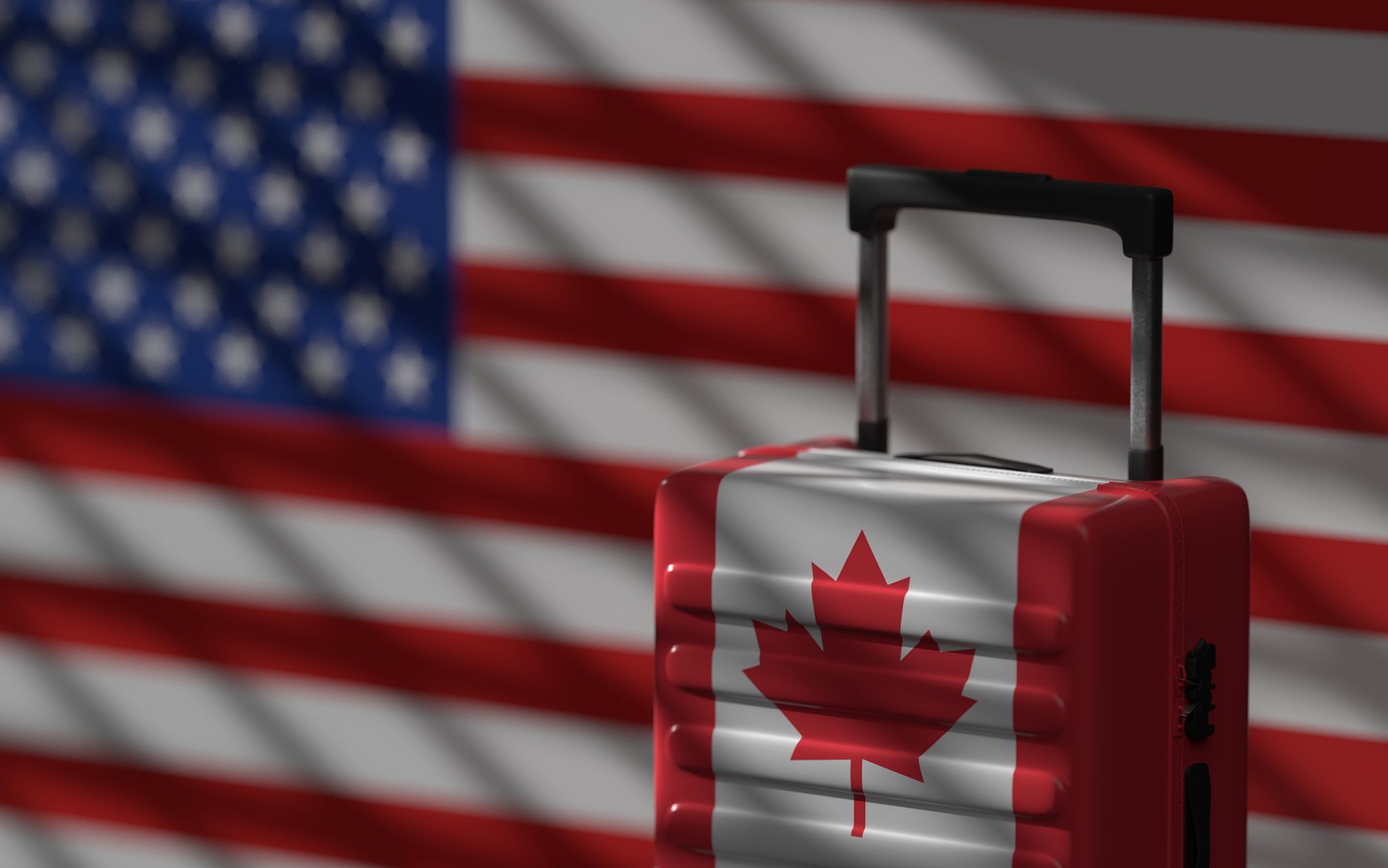FAQs About Tribal Travel Rights and Supreme Court Decisions
Understanding Tribal Travel Rights
Tribal travel rights have long been a topic of interest and sometimes confusion, especially when it comes to understanding their implications in the context of U.S. law. These rights are deeply rooted in the sovereignty of Native American tribes, which are recognized as distinct, independent political communities. This recognition allows tribes to govern themselves and manage their own affairs, including travel rights.
Tribal members often have specific rights that allow them to travel freely across tribal lands and sometimes beyond, depending on treaties and agreements made with the federal government. These rights can vary significantly from one tribe to another, making it essential for individuals to understand the specific laws and agreements pertinent to each tribe.

The Role of Supreme Court Decisions
Supreme Court decisions have played a crucial role in shaping the landscape of tribal travel rights. The highest court in the United States has, over the years, made several landmark rulings that have clarified, and sometimes complicated, the understanding of these rights. It is important to note that while the Supreme Court can influence tribal matters, it cannot unilaterally override treaties between tribes and the federal government.
A significant case was McGirt v. Oklahoma in 2020, which reaffirmed the Muscogee (Creek) Nation's sovereignty over its reservation land. This decision underscored the importance of honoring treaties and has had a lasting impact on how tribal lands and rights, including travel rights, are perceived and handled legally.

Key Supreme Court Cases
Understanding specific Supreme Court cases can provide better insights into how tribal travel rights have evolved:
- Worcester v. Georgia (1832): This case established that individual states did not have the right to impose regulations on Native American land.
- Montana v. United States (1981): Addressed the jurisdictional control over non-Indians on reservation lands.
- McGirt v. Oklahoma (2020): Reaffirmed the sovereignty of Native American reservations in certain legal contexts.
Common Questions About Tribal Travel Rights
Many people have questions about how tribal travel rights affect daily life for tribal members and their interactions with non-tribal members. Here are some frequently asked questions:
Do tribal members need passports to travel?
No, Native American tribal members do not need passports to travel within the United States. However, when traveling internationally, they must adhere to the same passport requirements as any other U.S. citizen.

How do tribal travel rights affect non-tribal members?
Non-tribal members generally need permission to enter tribal lands unless there is a public highway or a specific agreement that allows access. It is advisable for non-tribal members to be aware of the specific regulations of the tribe whose land they wish to visit.
The Future of Tribal Travel Rights
The landscape of tribal travel rights continues to evolve as new legal challenges and societal changes arise. The interplay between federal law, state interests, and tribal sovereignty remains complex and sometimes contentious.
Ongoing advocacy and educational efforts by tribal leaders and allies aim to ensure that tribal travel rights are respected and understood by all parties involved. As awareness grows, so does the potential for more harmonious relationships between tribes and other governmental entities.
